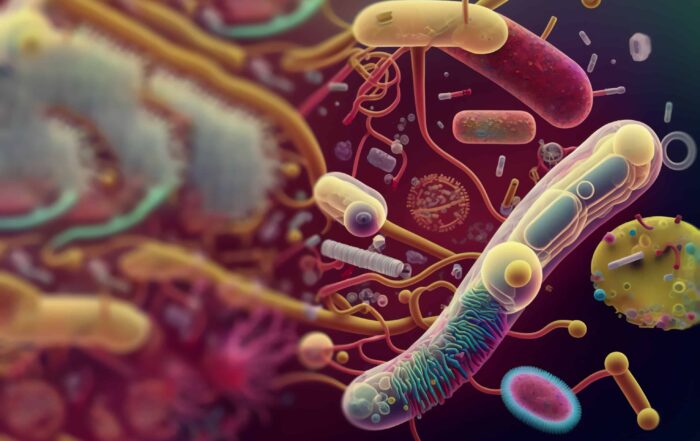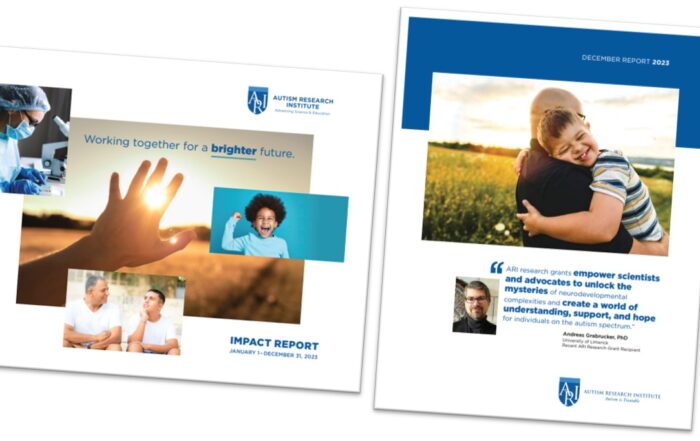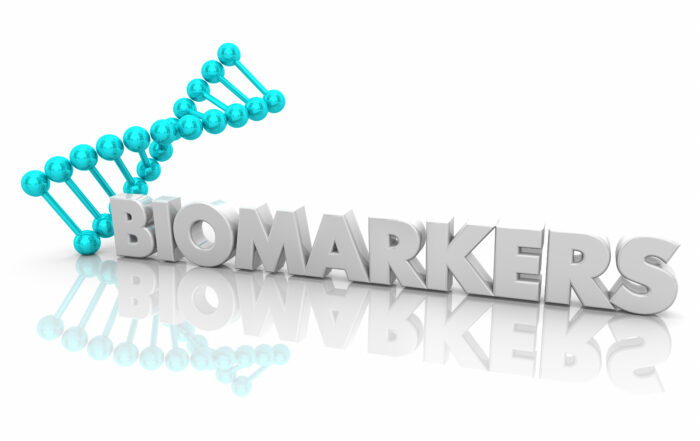April is autism awareness month, and each week we will share a list of resources related to one aspect of autism. This week we are focusing on finding and interpreting research. Follow along on social media to gain additional insights on this topic.

The Autism Treatment Evaluation Checklist (ATEC)
The Autism Treatment Evaluation Checklist, or ATEC, was developed within ARI by Bernard Rimland, Ph.D., and Stephen Edeson, Ph.D., to evaluate the efficacy of autism treatment and monitor how an individual progresses over time. The ATEC is available in 24 languages and contains 77 questions that are classified into four subscales: Speech/Language/Communication, Sociability, Sensory/Cognitive Awareness, and Physical/Health/Behavior. Over a half-million ATECs have been completed over the past two decades.
A guide to identifying and understanding scientific research about autism
There is a great deal of information about autism on the internet and other media channels, but how accurate is that information? Knowing how to understand scientific research studies can help you find reliable and relevant information. This article is a tool to help you assess information about autism based on scientific principles.
Data-based decision making
Physicians, psychologists, therapists, and researchers all keep records. Records help them track the efficacy of treatments, see how their patients progress over time, and adjust their methods and tactics accordingly. Learn about how to collaborate with your care team by keeping records in tandem to achieve similar goals.
Top five most-viewed webinars 2020
For the past 50 years, ARI has dedicated its efforts to pioneering groundbreaking research and sharing free educational resources with people worldwide. One of our main channels for distributing this information is through our online webinars. Last year, we were proud to feature many great scientists and health care professionals on many different topics. All of our webinars this year were equally important to us and can be replayed at any time. That being said, we are pleased to share with you a list of five of our most popular webinars of 2020.
ARI-funded research studies 2020
Autism research continued in 2020 despite the challenges of the COVID-19 pandemic, with ARI providing investigators with more than $280,000 in grant funding. Learn about ARI’s 2020 research grant recipients.
Editorial – Fecal Microbiota Transplantation and Autism
Over the past several years, Fecal Microbiota Transplantation (FMT) has become the subject of growing interest in the autism community due, at least in part, to the increased awareness of the gut-brain
ARI’s Latest Accomplishments
Connecting investigators, professionals, parents, and autistic people worldwide is essential for effective advocacy. Throughout 2023, we continued our work offering focus on education while funding and support research on genetics, neurology, co-occurring medical
Biomarkers start telling us a story: Autism pathophysiology revisited
Antonio Persico, MD, a recent ARI Research Grant recipient, explores the role of biomarkers in understanding autism pathophysiology. He discusses the complexity inherent to neurodevelopmental conditions and emphasizes the need to combine
Editorial – Bernard Rimland’s Impact: Sixty Years Since the Publication of ‘Infantile Autism’
In this milestone year of 2024, the Autism Research Institute commemorates the 60th anniversary of Dr. Bernard Rimland’s groundbreaking work, Infantile Autism: The Syndrome and Its Implications for a Neural Theory of
Animal study adds to evidence of link between pyrethroids and autism
A new animal study adds to evidence that prenatal exposure to common insecticides called pyrethroids may increase the likelihood of a child developing autism or another neurodevelopmental disorder. Melissa Curtis and colleagues,
Research Updates: Nutrition and Autism 2023
Kelly Barnhill, MBA, CN, CCN, summarizes emerging research on nutritional approaches and supports for autistic people. She outlines recent investigations on sensory processing and nutrition, dietary changes, and supplementation. The speaker







